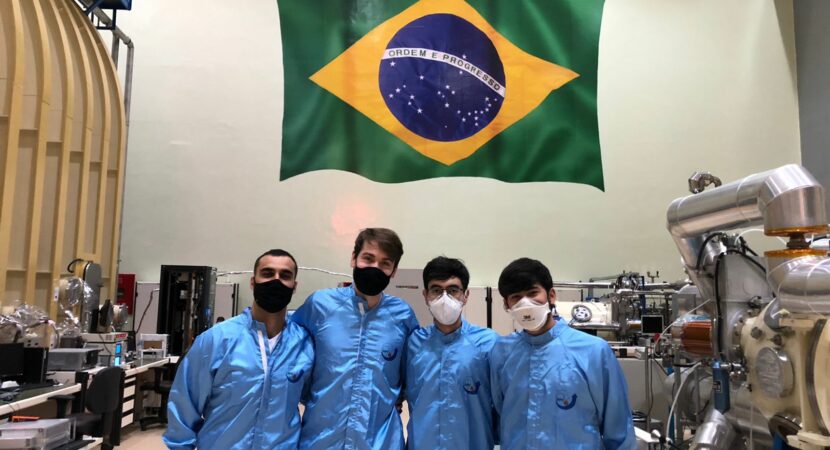
SpaceX will launch a PocketCube satellite into space next month. The project was completely developed by a Brazilian startup and took 7 months to complete
Elon Musk's SpaceX is expected to take the first satellite developed by a Brazilian startup into space using the Falcon 9 rocket, as early as January. The PION-BR1, created by PION Labs, will be launched into space on the 10th of next month, leaving Florida, in the United States. The startup's satellite took seven months to be developed by PION's founders in their laboratory, located in the city of São Caetano do Sul (SP). The creators are: Bruno Pinto Costa, Calvin Trubiene, João Pedro Vilas Boas and Gabriel Yamato.
Read also
Satellite that will be taken into space by SpaceX has only 125 cubic cm
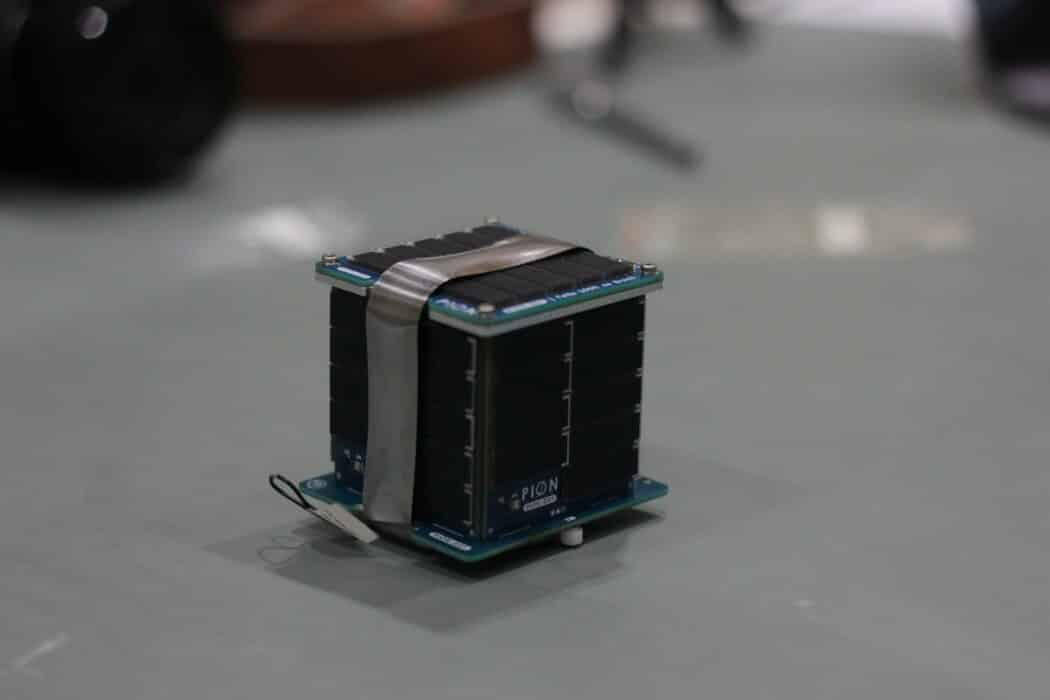
Studying the capacity for long-distance communication, providing greater experience to the sector in the country, will be the main function of the satellite of the Brazilian startup.
The PionLabs project, which will be launched into space by Elon Musk's SpaceX, is considered a peak satellite, which is also named after pocketcube. It is a satellite that has only 125 cubic cm and weighs about 180 grams.
In order for the satellite's production costs to be reduced, making it easier for SpaceX to send it into space, the Brazilian startup entered into a partnership with a British company specializing in satellites like this one, Alba Obrital. PION-BR1 has a two-year lifespan and, after that time, it will disintegrate during re-entry into the atmosphere.
Satellite of the Brazilian Startup has a communication based between 30 kHz and 4 GHz
The satellite that will be launched by Elon Musk's SpaceX should act with the reception and analysis of communication data and also in the monitoring of subsystems. In addition, PION will also receive and analyze external and internal temperature data, battery capacity and other information.
When the data arrives on the planet, it will be received by radio amateurs from AMSAT-BR, with communication based on between 30 kHz and 4 GHz. As a result, according to the information received by the association focused on studies of electromagnetic wave transmissions, new protocols for the operation must be made.
After the experience achieved through the startup's satellite, larger projects must be developed, involving agribusiness and initiatives for the preservation of the Amazon and, soon after, all of Latin America. According to Calvin Trubiene, CEO of PionLabs, both agribusiness and conservation initiatives need a system like this.
Starlink asks Anatel for authorization to operate its satellites
On the 20th of this month, Starlink, also owned by businessman Elon Musk, requested authorization from Anatel to be able to operate its low-orbit satellites in the country, with the aim of offering internet via satellite.
The company's technology can also be used to monitor the Amazon and broadband in the region, but it is worth mentioning that the company is not focused on observation, but on the more accessible satellite internet market for the low-income population.
After meeting with Brazilian Minister, owner of Tesla Elon Musk thinks about meeting the demand for semiconductors and Brazil may receive a factory
In a meeting with Fábio Faria, Minister of Communications, last Monday (15), Elon Musk stated that, to escape the microchip crisis that is taking place in the world, there may be no other choice but to invest in a semiconductor factory .
Brazil would be one of the most likely countries to receive the Tesla CEO's contribution. The subject came after Faria proposed the construction of a Tesla factory in the country and mentioned that he also plans to transform Brazil into an important country in the production of semiconductors again, something that happened until the 80s. Read Full Article.

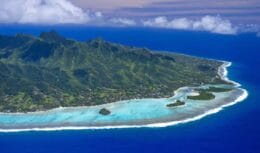







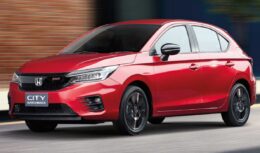

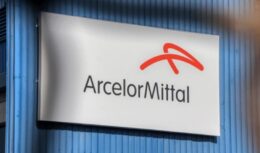
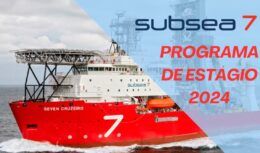
Army summons Brazilians with up to…
Come be a watermelon, you too
Air Force F-16 fighters…
Everything is fine, 100-year secrecy,…
Air Force F-16 fighters…
Well... It's flying scrap... Typical...
Air Force F-16 fighters…
Which genocide are you talking about? Than…
They discover the third largest deposit…
That’s why all foreigners and NGOs…
Good morning, when you complete the tests…
I had already heard about Graphene, but…
Brazil will never worry about…
It has a 550w 2 meter photovoltaic plate, more…
They give opportunities to drivers with no experience I have…
Since the day our dear
I warned you, Japan is ahead,…
Tunnels are going to be drilled in Serra do Mar…